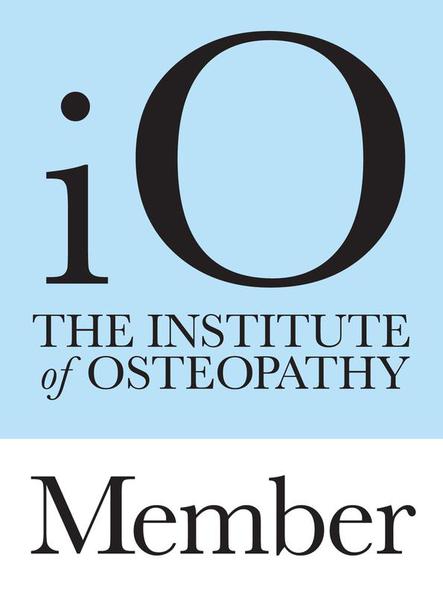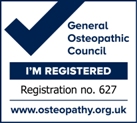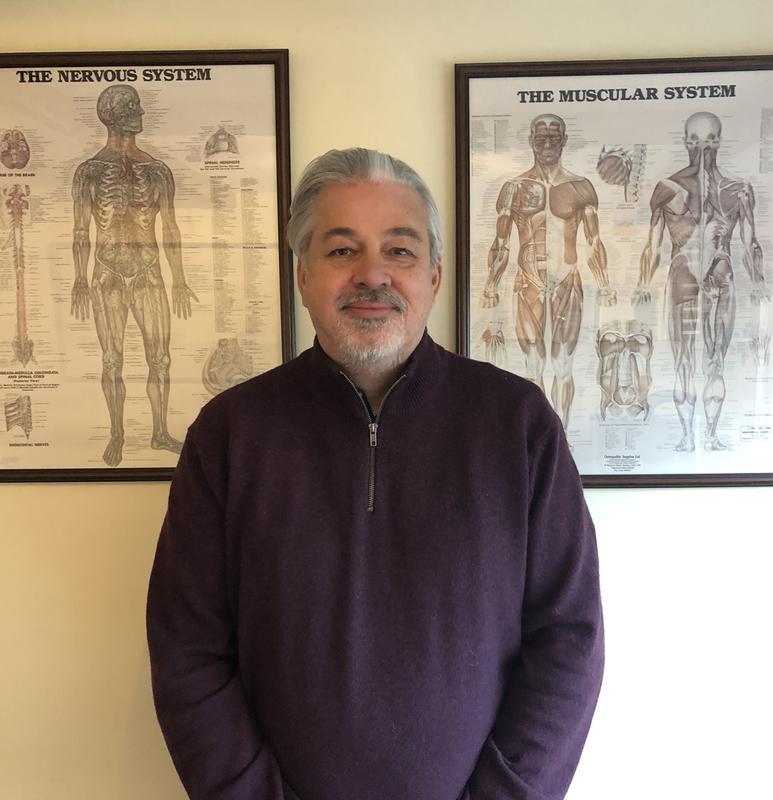Non-specific low back pain (NSLBP) refers to pain and discomfort in the lower back that does not have a specific underlying cause, such as a spinal stenosis, a herniated disc or a vertebral fracture for example. It is a very common presentation caused by a variety of factors including poor posture, muscle strain, overuse injuries, and degenerative changes in the spine.
Osteopaths, as primary healthcare practitioners, focus on the diagnosis and treatment of musculoskeletal disorders and are well-trained to use a variety of manual techniques such as manipulation, massage, stretching, and mobilisation in a refined and focused manner to address many musculoskeletal issues that subsequently helps patients to improve their overall health and well-being.
the potential benefits are far-ranging and include:
Pain Relief: Osteopathic manipulation techniques can help reduce pain and discomfort in the lower back by improving joint mobility, relieving muscle tension, and promoting better alignment of the spine. Muscle tension is often the precursor to joint problems, which can be reolved with soft tissue techniques, alone, in many cases.
Improved Function: Osteopathic treatment aims to restore normal function to the musculoskeletal system, by improving blood supply and fluid exchange, flexibility, range of motion, and by extension overall physical performance.
Individualized Care: A very important osteopathic principle is the holistic approach to treatment, considering the patient's overall history, health, lifestyle, and any contributing factors to their back pain. This allows for a personalized treatment plan tailored to the specific needs of the individual. The word tailored is important, as holistic treatment doesn`t mean do everything, but aprraise as many known factors as possible. Osteopaths can be specific in their treatments, as a result of good provisional diagnosis.
Prevention of Recurrence: By addressing underlying musculoskeletal imbalances, promoting better posture, blood supply and movement patterns, osteopathy can help reduce the risk of future episodes of low back pain.
Non-Invasive Approach: Osteopathic treatment is generally non-invasive and does not involve the use of medication or surgery, making it a relatively safe and low-risk option for managing low back pain.
It's important to note that the effectiveness of osteopathy for non-specific low back pain can vary from person to person. However most patients find a good improvement within 3 or 4 treatments. Additionally, osteopathic treatment is often used as part of a comprehensive approach to managing low back pain, which may also include exercise and lifestyle modifications. As with any form of healthcare, it's essential to consult with a qualified healthcare professional to determine the most appropriate treatment plan for your specific needs.





